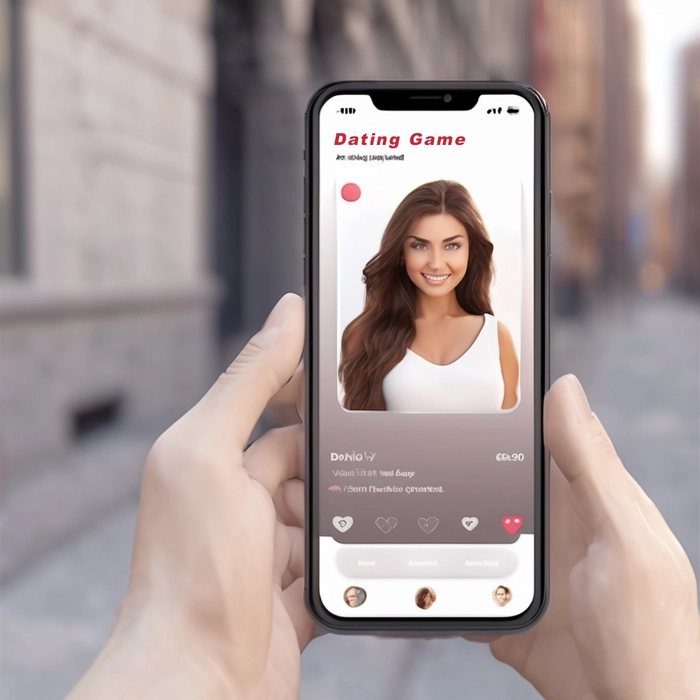According to Tinder’s Year In Swipe report, They found:
Singles were less concerned about the outcome of a relationship and more interested in enjoying the process of getting to know someone!
A woman has been left heartbroken after discovering her boyfriend has been living a secret double life.
She explained how she recently reconnected with her sister – and had excitedly told her all about her boyfriend, Tim.
However, not too long after, she received a phone call from her sister asking whether she was still in a relationship with Tim as she’d matched with him on the dating app Tinder.
“Six months into our relationship, Tim switched trucking companies. He was now going to the same city my sister lived in two to three times a week. I even made jokes that if I lived with my sister, I’d see him more often. Oh, the irony.
Tinder may have met their match
LinkedIn and other networking platforms are a preferred way to set up dates over popular dating apps like Bumble, according to a recent survey of singles conducted by DatingNews.com.
Networking sites are the popular dating method for single people between 25 and 40, the survey of 505 people actively dating found.
“While LinkedIn connects businesses with employees and professionals with other professionals, plenty of romance is bubbling under the surface that you probably don’t see,” the report said.
Around 61% of participants in the 35-40 age group said they prefer LinkedIn-like apps over other dating processes, including blind dates (54%), social activity (45%), dating websites (50%), bars or clubs (44%), and cafes, stores or restaurants (41%).
It’s also the most popular dating method for participants in the 25-34 age group at 49%.
Meeting someone at a bar or club is the most preferred method for the youngest demographic ages 20-24 at 52%, with only 47% saying networking platforms tied with social events.
Also read:
Asian dating app start-ups
Think they’ve cracked the code to disrupt Tinder and Bumble
Singapore-based YouApp and Hong Kong-based DayOne look to offer a more human touch to online dating than giants like Match Group, which has been struggling.
YouApp has drawn in more women by integrating features like horoscopes and Myers-Briggs tests, while DayOne only lets users chat after confirming a date.
Dating apps profit from a “predatory” business model that promotes the gamification of dating
A group of six plaintiffs is suing Match Group, the owner of Tinder, Hinge, and the League, alleging that the dating apps are a far cry from being “designed to be deleted,” which is Hinge’s slogan.
The class-action lawsuit, filed on Valentine’s Day in federal court in San Francisco, claims that the apps profit from a “predatory” business model that promotes the gamification of dating, turning a search for love into something akin to a gambling addiction.
Although all three apps are free to download and use, complaints about their algorithms are rampant.
Some Hinge users have theorized, for example, that the people the algorithm predicts a user will find most attractive are locked up in “rose jail’–where daters are required to send these profiles a rose, rather than a regular like, of which they only get one per week–and TikTokers offering dissatisfied swipers “hacks” to get around such an obstacle have gone viral.
The collapse of dating apps: paid subscription model
The collapse of dating apps’ usability can be blamed on the paid subscription model and the near-monopoly these apps have over the dating world.
While dozens of sites exist, most 20-something daters use the big three: Tinder, Hinge and Bumble.
(Older people often gravitate toward Match.com or eHarmony.) All three sites offer a “premium” version users must pay for — according to a study conducted by Morgan Stanley, around a quarter of people on dating apps use these services, averaging out at under $20 a month.
The purpose, many believe, is to keep them as paid users for as long as possible. Even if we hate it, even if it’s a cycle of diminishing returns, there is no real alternative.


















